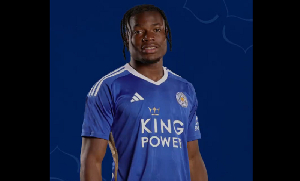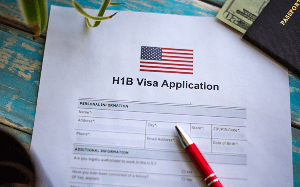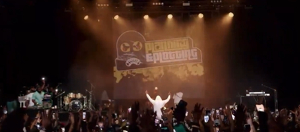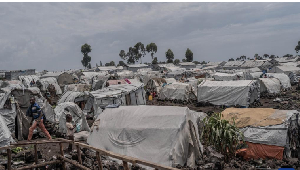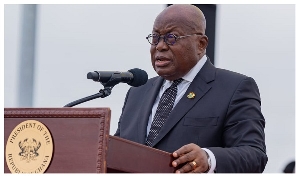- Home - News
- TWI News | TV
- Polls
- Year In Review
- News Archive
- Crime & Punishment
- Politics
- Regional
- Editorial
- Health
- Ghanaians Abroad
- Tabloid
- Africa
- Religion
- Election 2020
- Coronavirus
- News Videos | TV
- Photo Archives
- News Headlines
- Press Release
General News of Thursday, 7 December 2000
Source: AFP
Smooth vote will consolidate Ghana's democracy: analysts

Ghana has the makings of a vibrant democracy which will be consolidated if Thursday's elections bring about a smooth transfer of power, analysts said on the eve of the vote.
Pointing to a muscular constitution, a vocal free press and an improving human rights outlook, many are optimistic that life after President Jerry Rawlings, who is stepping down after 19 years of sometimes iron-fisted rule, will be increasingly democratic.
"Most people believe that even though we've had two semi-successful elections, this is the real test because this is the one in which we will actually change the leader," said analyst Audrey Gadzekpo. "It will also be seen as having consolidated our democracy," she said.
Elections in 1992, both won by Rawlings and his National Democratic Congress (NDC), were marred by an opposition boycott of the parliamentary vote, and in 1996 by charges of fraud.
Crucially, this election will "delink the civilian era from the military era," since the new president -- even if he is Rawlings' NDC protege John Atta Mills -- will have no associations with the summary executions committed under military rule, said Gadzekpo, a lecturer at the University of Ghana school of communication.
The race is expected to be close between Atta Mills and his main rival, the New Patriotic Party's John Kufuor, who lost narrowly to Rawlings in 1996.
Journalist Iddi Ali said "everyone is expecting" the elections to be a boon for democracy in the west African country.
"The government will have to hand over if the election appears to be fair. International pressure will compel them to hand over," said Ali, who reports for international news organizations.
Some 200 international observers will be on hand for the vote.
The independent press has mushroomed along with human rights bodies since the 1992 constitution restored multi-party politics.
In addition to five government newspapers, Ghanaians now have a choice of independent papers that have become a thorn in the side of press-wary Rawlings.
Rights watchdogs such as the Ghana Committee on Human and People's Rights have formed to identify arbitrary arrests, detention and restrictions on freedom of expression.
Gadzekpo said that human rights abuses had diminished significantly since 1992, but: "You don't shut out the past that easily. Sometimes they revert to type."
She noted two recent incidents in which journalists were picked up and held without charge. Nevertheless, she said: "The risk is much, much diminished. Most journalists are not fearful of their lives anymore."
The immediate aftermath of the elections will be the first test after allegations of intimidation and vote-rigging dominated the last stretch of the campaign period.
Analyst Emmanuel Aning said: "We are all hoping that things will turn out well, but indicators on the ground are very worrying."
Before a controversial Supreme Court ruling on Monday allowing voters to use old voter identification cards, opposition supporters warned they would disrupt the polling or even boycott the vote, charging that the NDC was planning to steal the elections.
Gadzekpo said "statesmanship" would be in order once the winners are declared.
"If the opposition loses, and if there are no flagrant electoral malpractices, they will concede. If the opposition wins I want to believe that because Atta Mills is a different breed of person it will be fine, so wait another four years and try again," said Gadzekpo.
Aning, a public policy analyst at the Institute of Economic Affairs, said: "This is going to be a major transition if it is successful. In all our 43 years it would be the first peaceful transfer of power.
"This will be the first major step towards consolidating the democratic process," he said.
Gadzekpo said, for her part, however: "The constitution is not perfect and of course constitutional democracy is very much a work in progress for us."


